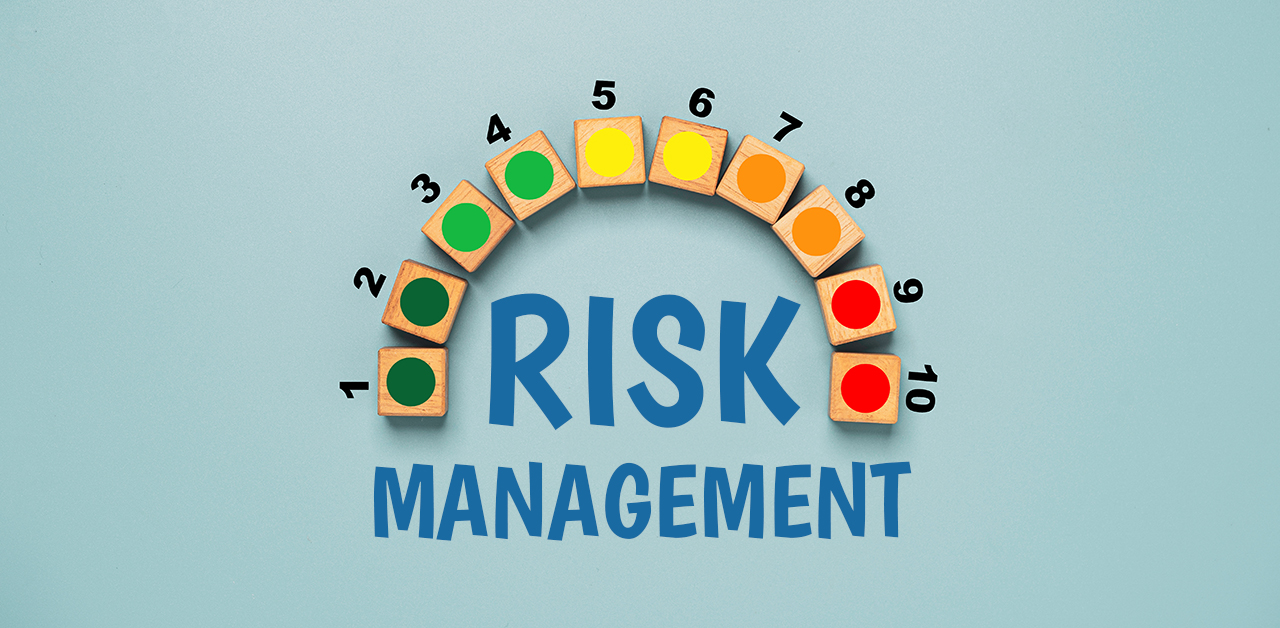
In today’s fast-paced technological landscape, businesses continuously upgrade their IT infrastructure to stay competitive. As a result, the need for proper IT asset management has become crucial. Two terms that often get intertwined but hold distinct meanings and implications are IT Asset Disposition (ITAD) and IT Asset Disposal. In this blog, we will delve into the dissimilarities between these processes and emphasize the importance of adopting ITAD services to ensure data security, environmental responsibility, and maximum value recovery.
Definition and Scope
IT Asset Disposition (ITAD) refers to the comprehensive process of managing IT assets through their entire lifecycle, from acquisition to disposal. It encompasses various stages, such as procurement, deployment, maintenance, and eventually, end-of-life disposition. ITAD is a strategic approach that involves data sanitization, refurbishment, remarketing, and environmentally friendly recycling.
On the other hand, IT Asset Disposal solely pertains to the final stage of an IT asset’s lifecycle—its retirement and disposal. Disposal often involves methods like recycling, shredding, or donating assets that have reached the end of their usable life.
Data Security
Data security is a primary concern when dealing with IT assets, especially during their disposal. ITAD places great emphasis on safeguarding sensitive information stored within these assets. Professional ITAD service providers follow industry-leading data sanitization practices to ensure that all data is irreversibly wiped from storage devices before they leave the organization. This involves using advanced data erasure techniques that comply with international standards and regulations, such as NIST and DoD guidelines.
In contrast, IT Asset Disposal might not prioritize data security as effectively. Without proper data sanitization, businesses risk exposing confidential data, which could lead to severe consequences like data breaches, financial loss, and reputational damage.
Environmental Responsibility
IT Asset Disposition encompasses eco-friendly practices to minimize the environmental impact of electronic waste (e-waste). E-waste contains hazardous materials that can harm the environment and human health if not managed properly. Reputable ITAD providers adhere to strict recycling standards, ensuring that e-waste is processed in environmentally responsible ways. Components that can be reused or refurbished are salvaged, reducing the demand for new materials and easing the strain on natural resources.
IT Asset Disposal, when not aligned with ITAD principles, might not focus on sustainable practices. Disposed assets may end up in landfills or improperly processed recycling facilities, posing serious environmental threats and violating local waste disposal regulations.
Value Recovery
One of the significant advantages of adopting ITAD services is the potential for value recovery. ITAD providers assess the condition of decommissioned assets and identify opportunities for refurbishment and remarketing. By reselling refurbished equipment, businesses can recoup a portion of their initial investment. This not only helps offset the cost of new IT assets but also contributes to a circular economy.
IT Asset Disposal, without ITAD’s comprehensive approach, often overlooks the value recovery potential. Assets may be discarded without recognizing their potential for reuse or resale, leading to missed financial opportunities for businesses.
In conclusion, IT Asset Disposition (ITAD) and IT Asset Disposal are distinct processes that demand separate considerations. ITAD involves managing IT assets throughout their lifecycle, prioritizing data security, environmental responsibility, and value recovery. In contrast, IT Asset Disposal solely addresses the final stage of an asset’s life, focusing on its disposal without the comprehensive strategies employed by ITAD services. To maximize the benefits and mitigate risks associated with IT asset management, businesses should opt for professional ITAD services provided by reputable companies like OceanTech. Embracing ITAD not only ensures data protection and environmental sustainability but also enhances the overall efficiency and cost-effectiveness of IT asset management.










